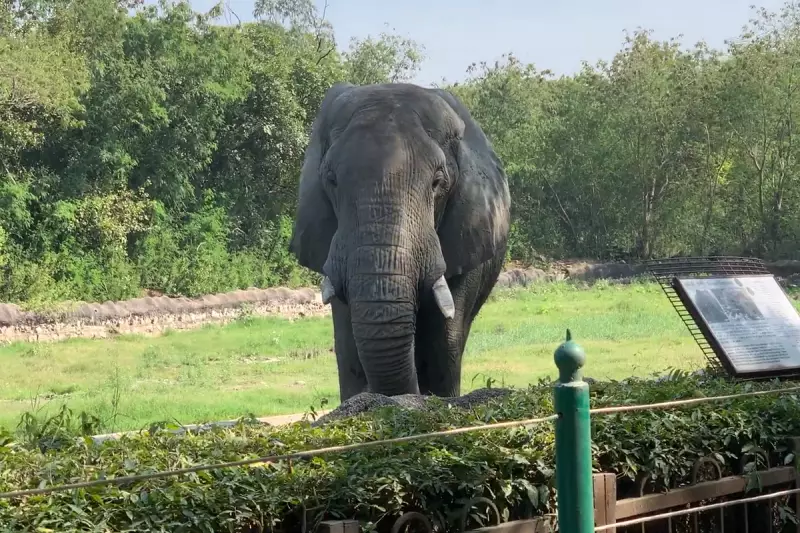
The international animal community is mourning the loss of Shankar, the celebrated Asian elephant who became an ambassador for his species during his quarter-century residence at Washington DC's National Zoo. The majestic creature passed away at approximately 48 years of age, having battled significant age-related health complications.
A Life of Diplomatic Significance
Shankar's journey to the United States carried profound symbolic weight. In 1990, the then-Indian Prime Minister IK Gujral presented the young elephant to the US as a diplomatic gift during a Washington visit, strengthening ties between the two nations through this remarkable animal ambassador.
Medical Challenges in Later Years
In his final months, zoo veterinarians documented a troubling decline in Shankar's condition. The elephant suffered from:
- Severe degenerative joint disease that limited his mobility
- Significant weight loss despite specialised nutritional support
- Periods of lethargy and reduced activity levels
Animal care staff implemented extensive palliative measures, including anti-inflammatory medications and customised physical therapy, but his condition continued to deteriorate.
The 'Lonely Elephant' Narrative
Shankar earned the poignant nickname 'the lonely elephant' after the 2005 death of his companion, Ambika. For years, animal rights organisations campaigned for his relocation to an elephant sanctuary where he could socialise with other elephants, arguing that elephants are inherently social creatures who suffer from solitary confinement.
Despite these appeals, zoo authorities maintained that Shankar's advanced age and medical needs made relocation too risky, opting instead to provide him with what they described as 'the highest quality care possible in his familiar environment.'
Conservation Legacy
Throughout his life, Shankar served as a powerful educational tool, introducing millions of visitors to the plight of Asian elephants, classified as an endangered species. His presence highlighted:
- The critical need for habitat conservation in Southeast Asia
- The complex medical care required by captive elephants
- The importance of international cooperation in species preservation
Zoo officials have confirmed that a comprehensive post-mortem examination will be conducted to contribute to the global understanding of elderly elephant healthcare. Meanwhile, tributes continue to pour in from visitors whose lives were touched by this magnificent creature during his 25-year tenure at the National Zoo.





